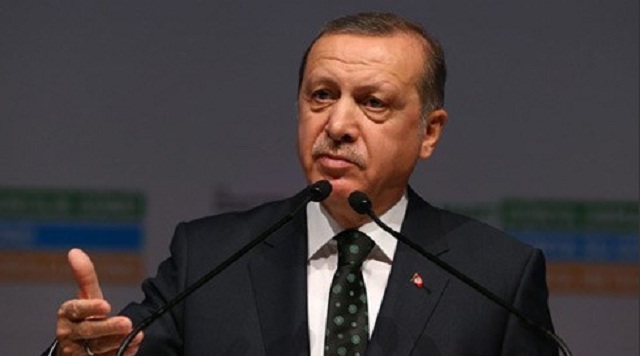
Ankara, Türkiye | Xinhua | Türkiye is debating whether elections planned for June should be postponed or not in the aftermath of two major earthquakes that shook the nation to the bone with massive human and material losses.
On Feb. 6, the twin earthquakes struck southern Türkiye and northern Syria, killing more than 45,000 people in the two countries. Since then, the administration of Turkish President Recep Tayyip Erdogan has been criticized for its not-so-fast and disorganized responses to the catastrophe.
Last week, former Deputy Prime Minister Bulent Arinc, a heavyweight of Erdogan’s ruling Justice and Development Party (AKP), called for the postponement of the presidential and parliamentary elections slated for June 18 for one year, citing the need for the government to focus on post-quake recovery efforts.
Meanwhile, former Parliament Speaker Bulent Arinc, another senior member of the AKP, warned of “chaos” if elections were to be held as scheduled and suggested a postponement until November or March 2024.
Nevertheless, an expert close to AKP sources said Erdogan himself is inclined to hold the elections on time.
“The president had signaled May 14 for the next elections and said he would declare his intention in early March. From AKP sources we have been told that President Erdogan doesn’t seem to have changed his mind,” Serkan Demirtas, a political analyst, told Xinhua.
“But because of physical conditions in the earthquake-affected regions, and to give some more time to electoral authorities, he may now declare elections for June 18,” he added.
Hande Firat, a journalist and TV commentator close to the government, also said Erdogan did not tend to postpone the elections.
“In the AKP, all options are on the table regarding the elections but at the moment there is neither a decision nor the intention to postpone it,” she wrote in a column in the English-language Hürriyet Daily News.
According to the Turkish constitution, only the parliament has the authority to postpone elections for a maximum of one year, and only in the event of a declared state of war.
“Force majeure circumstances such as natural disasters are not cited as a reason of postponement. Constitutional experts say organizing elections until June 18 is imperative,” Demirtas noted.
Fahri Bakirci, a scholar on constitutional law from TOBB University of Economics and Technology in Ankara, echoed the argument.
“It is not within the authority of any person or institution to decide to postpone the elections even for a single day, except in the case of war,” said Bakirci.
“Even if all parties (in parliament) agree, the election date cannot be postponed,” he added.
Polls conducted prior to the massive earthquakes in Türkiye showed the nation would likely witness a tight race between the ruling elites, led by Erdogan who is seeking his second and final five-year term as president, and the opposition, with Kemal Kilicdaroglu, leader of the main opposition People’s Republican Party, as Erdogan’s probably strongest rival.
After the earthquakes, which have been described by the World Health Organization as the “worst natural disaster” in a century in the European region, Erdogan has promised immediate economic aid to homeless families and to have new homes built for victims within a year.
Erdogan has been at the helm of Türkiye for over 20 years as prime minister or president.
 The Independent Uganda: You get the Truth we Pay the Price
The Independent Uganda: You get the Truth we Pay the Price



